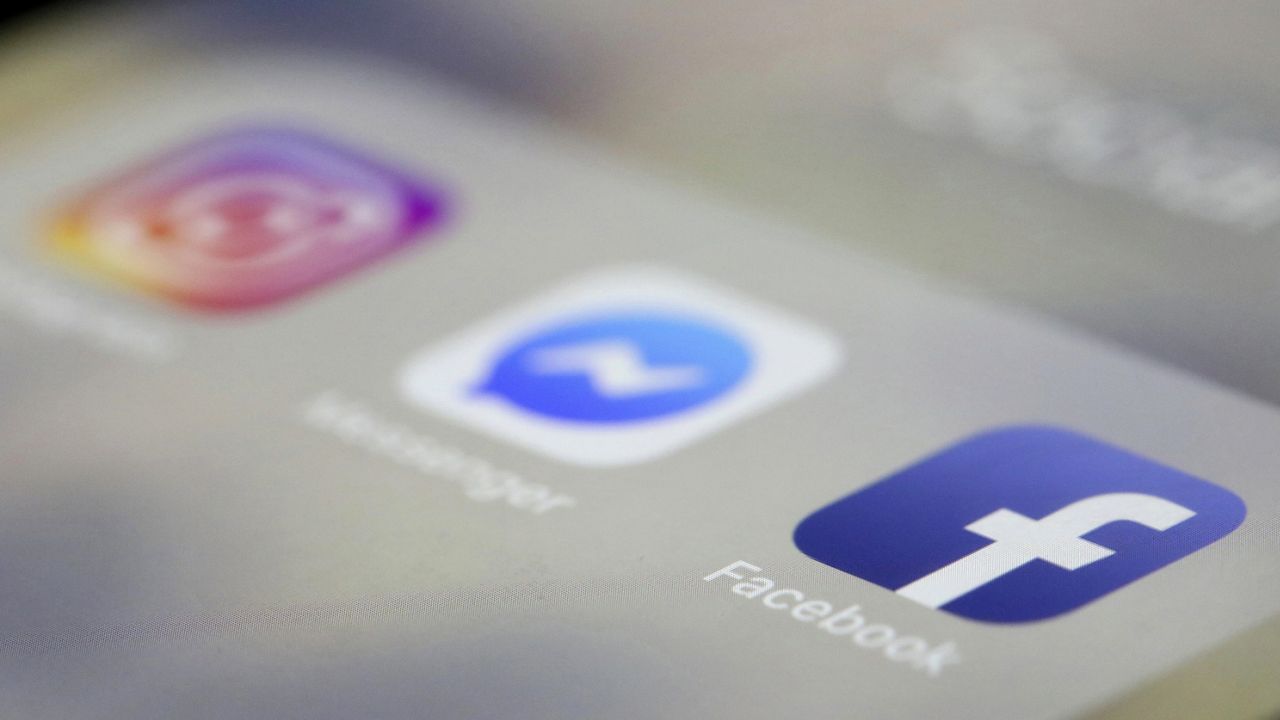TEXAS — Meta — which owns and operates social media platforms Facebook, Instagram, Threads and WhatsAPP — has agreed to pay $1.4 billion to settle a lawsuit with Texas over biometric data collection, according to state Attorney General Ken Paxton.
Paxton, in a news release, said it’s the largest settlement ever obtained from an action brought by a single state and the largest privacy settlement an attorney general has ever obtained.
The lawsuit was announced in February 2022 and was over Meta's collection of biometric data, which Paxton said was illegal. Biometric data includes things like retina and iris scans as well as voice information culled from photos and videos. Paxton’s suit claimed Facebook collected this information from millions of Texans without their consent and in violation of state law.
“After vigorously pursuing justice for our citizens whose privacy rights were violated by Meta’s use of facial recognition software, I’m proud to announce that we have reached the largest settlement ever obtained from an action brought by a single State,” Paxton wrote. “This historic settlement demonstrates our commitment to standing up to the world’s biggest technology companies and holding them accountable for breaking the law and violating Texans’ privacy rights.”
Specifically, Paxton says the data was collected in violation of Texas’ Capture or Use of Biometric Identifier Act and the Deceptive Trade Practices Act.
In November 2021, Facebook said it was shutting down its face-recognition system and deleting the faceprints of more than 1 billion people amid growing concerns about the technology and its misuse by governments, police and others.
More than a third of Facebook’s daily active users have opted in to have their faces recognized by the social network’s system. That’s about 640 million people. Facebook introduced facial recognition more than a decade ago but gradually made it easier to opt out of the feature as it faced scrutiny from courts and regulators.
Facebook in 2019 stopped automatically recognizing people in photos and suggesting people “tag” them, and instead of making that the default, asked users to choose if they wanted to use its facial recognition feature.
Researchers and privacy activists have spent years raising questions about the tech industry’s use of face-scanning software, citing studies that found it worked unevenly across boundaries of race, gender or age. One concern has been that the technology can incorrectly identify people with darker skin.
Another problem with face recognition is that in order to use it, companies have had to create unique faceprints of huge numbers of people — often without their consent and in ways that can be used to fuel systems that track people, said Nathan Wessler of the American Civil Liberties Union, which has fought Facebook and other companies over their use of the technology.



